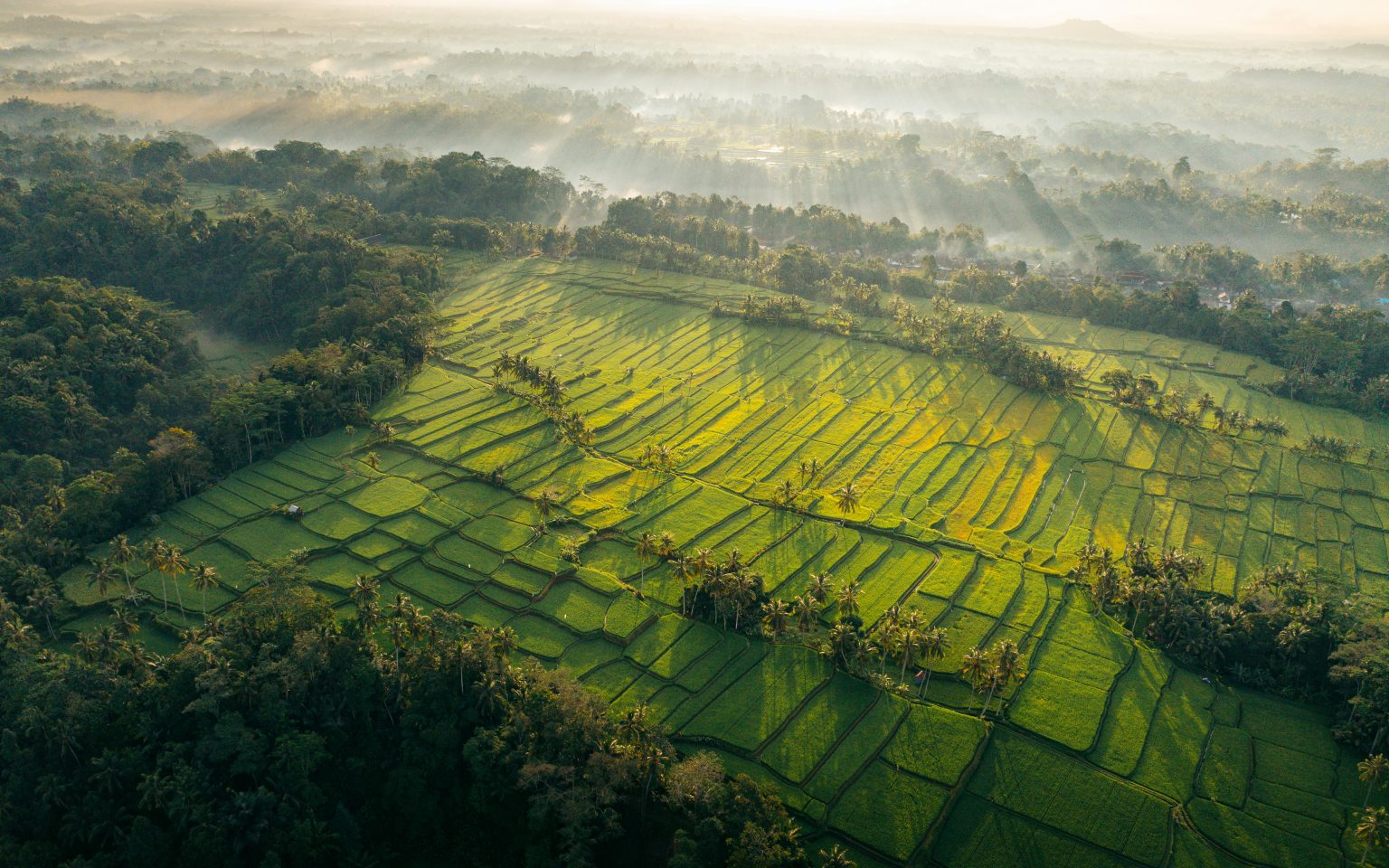Sreenithi Sudhakar is an accomplished healthcare professional based in the United Kingdom, bringing a wealth of expertise in clinical coding and patient support. With a career marked by her commitment to precision and empathy, she has demonstrated a deep understanding of the intricacies of healthcare systems and their impact on patient care.
Sreenithi’s proficiency in clinical coding has been instrumental in streamlining healthcare operations, ensuring compliance with industry regulations, and enhancing the overall accuracy of patient records. Her dedication to excellence has not only contributed to the efficiency of healthcare services but also fostered improved outcomes for patients. Beyond technical expertise, her approach embodies a steadfast commitment to patient support, offering clear communication and compassionate care to individuals navigating complex medical processes.
A global citizen, Sreenithi’s life and career have been enriched by diverse experiences across multiple cultures. Her exposure to international healthcare environments has shaped her ability to adapt to varied systems and work effectively within multidisciplinary teams. This cultural appreciation extends beyond her professional life and reflects a personal passion for South Indian cooking. An avid cook, she finds inspiration in her heritage, blending traditional techniques with modern flavors to bring people together through food.
Sreenithi Sudhakar’s unique blend of technical expertise, interpersonal skills, and cultural engagement positions her as a multi-faceted professional committed to making a meaningful impact in the healthcare industry.
Nestled in a reclaimed china clay pit near St Austell, Cornwall, the Eden Project is a powerful testament to environmental regeneration and sustainable practice. The transformation of a barren quarry into thriving biomes housing tropical rainforest and Mediterranean ecosystems is not merely aesthetic but deeply intentional—and deeply sustainable. What was once degraded land is now a vivid demonstration that nature and human ingenuity can coexist in harmony.
At the heart of Eden’s mission is the concept of regenerative sustainability, which means actively repairing ecosystems rather than simply doing less harm. The project reshaped an abandoned pit into fertile soil using specially crafted compost blends and nutrient-rich mixtures. In doing so, Eden avoided the need to import topsoil and turned a symbol of industrial depletion into a flourishing global garden. The site also serves as a living experiment, where new ecological techniques can be tested and refined before being applied elsewhere. This approach positions Eden as a laboratory for innovation in sustainable living.
Beyond restoring land, Eden created healthier spaces for people, generated local employment, and encouraged communities to re-engage with nature on an everyday basis. Sustainability permeates operations across the site. Rainwater harvesting powers the waterfall in the Rainforest Biome and supplies most of the toilet systems, while mains water is reserved for cooking and handwashing only. A geothermal energy plant—one of the UK’s few—was activated in 2023, drawing superheated waters from deep underground to produce electricity and heat for the biomes, with enough output to serve thousands of homes. Eden further minimizes its environmental footprint through composting, aggressive recycling (with zero landfill waste), and a partnership with Volvo to maintain a purely electric vehicle fleet onsite.
Eden’s ambition extends beyond the site itself into education, research, and leadership. The National Wildflower Centre is also part of the Eden Project, promoting native biodiversity and helping reverse ecological decline across the UK. As an educational charity and social enterprise, Eden delivers programs ranging from school workshops to an MSc in Sustainability, blending real-world learning with creative pedagogy tied to global challenges and planetary health. It also collaborates with universities and international NGOs to support climate resilience and biodiversity restoration projects beyond the UK. These initiatives equip individuals and institutions to foster sustainable transformation in their own communities.
The architecture and design also support sustainable aims. The iconic biomes are constructed from lightweight ETFE cushions and tubular steel — structures that maximize interior climate control while minimizing resource use. The material allows natural sunlight in while insulating effectively, and is easily repaired when damaged, extending the system’s lifespan. Inside the Core building, a sculpture called “Seed” reflects nature’s geometry, constructed from responsibly sourced copper and granite in a design inspired by plant growth patterns.
In combining environmental, social, and economic objectives, Eden aims not just to teach sustainability but to embody it. By embracing renewable energy, zero-waste operations, soil regeneration, nature-based learning, and leadership programs, the project shows that sustainability can be holistic and hopeful. Visitors leave unsettled by the planetary emergency but inspired, ready to act in their own lives with optimism rooted in evidence that positive change is possible.


